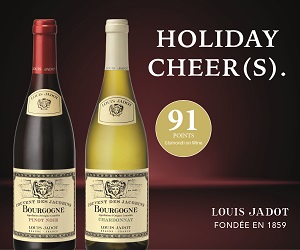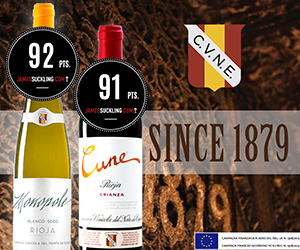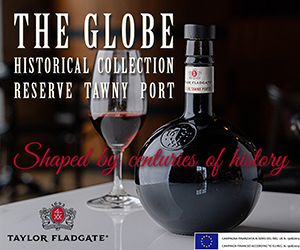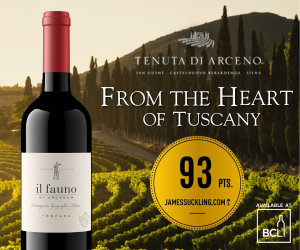Internationally acclaimed wine consultant Alberto Antonini was in town this week to make a rare presentation of wines chosen from his considerable global portfolio.
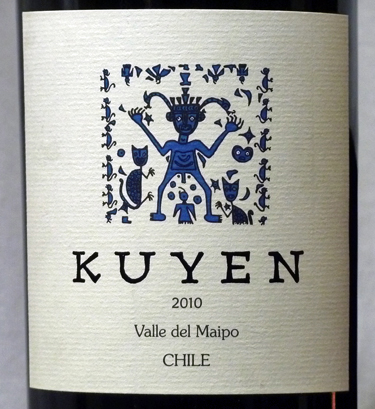
Antonini is nothing if not thoughtful when it comes to the subject of vineyards and wine and when he speaks his passion is unrestrained and well worth listening to. The soft-spoken Italian began his journey in 1986 after a degree in agricultural science from the University of Florence. His thesis revolved around vines on the verge of extinction in Tuscany.
He first worked as an assistant oenologist at Marchesi Frescobaldi; later he became the technical director at Antinori's Col D'Orcia winery in Montalcino before becoming the head of oenology at Antinori through 1996. Along the way, Antonini studied in Bordeaux and California, refining his skills in the highly competitive international arena with short stops at Robert Mondavi, Au Bon Climat and Qupe in California. By 1996, he opened a global oenological consultancy company with his friend Attilio Pagli and he hasn't stopped travelling since.
To combat fatigue and the constant travel, Antonini runs long distances. His friends claim you can tell when he needs to run ... he gets fidgety, rakes his fingers through his hair and scans the horizon wistfully. When he is not running or listening to music, Antonini consults widely to the Italian wine community from his home base in Tuscany's Chianti Classico region. From there he has journeyed to Argentina, Chile, California, South Africa, Portugal, Uruguay, Armenia, Australia and most recently here in B.C.'s Okanagan Valley. Antonini is working with Okanagan Crush Pad and more specifically their Switchback Vineyard and Haywire Winery Pinot Gris.
Antonini is modest beyond all belief and careful not to be seen as any kind of guru or saviour while working in a new region. When you ask what he thinks of the Okanagan, a region where he has worked in short bursts over the last three seasons, he guards his comments. He is busy trying to figure out what the land is telling him. It's the foundation on which everything else is constructed and frankly it's too early to make any big statements.
He has said to me that he has the impression, "people are growing everything everywhere. It's something you don't associate with an important premium wine region. (At Haywire) we are focusing on a small part of the valley and that's a key point. You can't do everything there. I'm not very familiar yet with the valley; I'm still learning but it is a place that has inspired me a lot."
It is clear Antonini sees something in the Okanagan that very few locals have yet to latch onto although it is hardly an exclusive Okanagan phenomenon. He notes that in many wineries around the world winegrower's/winemakers spend an inordinate amount of time interfering with nature in the vineyards and with the grapes that arrive at the winery. As he likes to point out, after a classical education in winemaking in the late '70s and early '80s he has spent last 30 years 'un-learning' what he was taught. In fact today he uses about five per cent of what he was originally studied in school, namely to fight and conquer nature.
Today, Antonini is the champion of non-intervention. His wine growing is an interesting mix of science and nature and taking the least destructive path to premium wine. I'll be commenting more specifically on Antonini's work in the valley in The Vancouver Sun's upcoming Salut edition next weekend but for now I thought it might be interesting to get you started by tasting three Antonini wines from Poggiotondo, Tuscany and Altos Hormigas in Mendoza. His minimalist handling of fruit and winemaking are just a delight to taste.

 quicksearch
quicksearch


